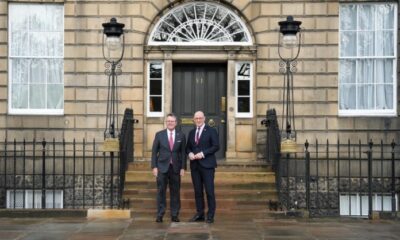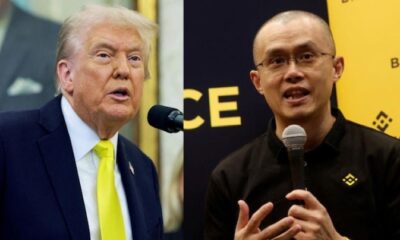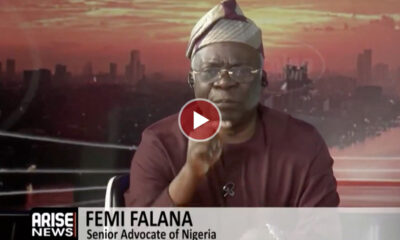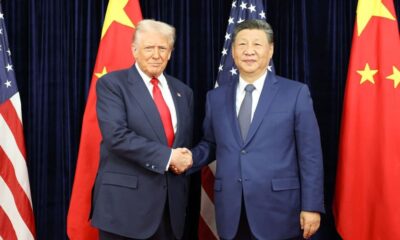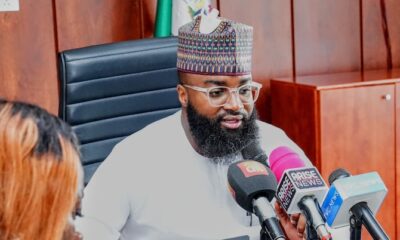Politics
Trump Threatens Military Action in Nigeria Amid Aid Controversy
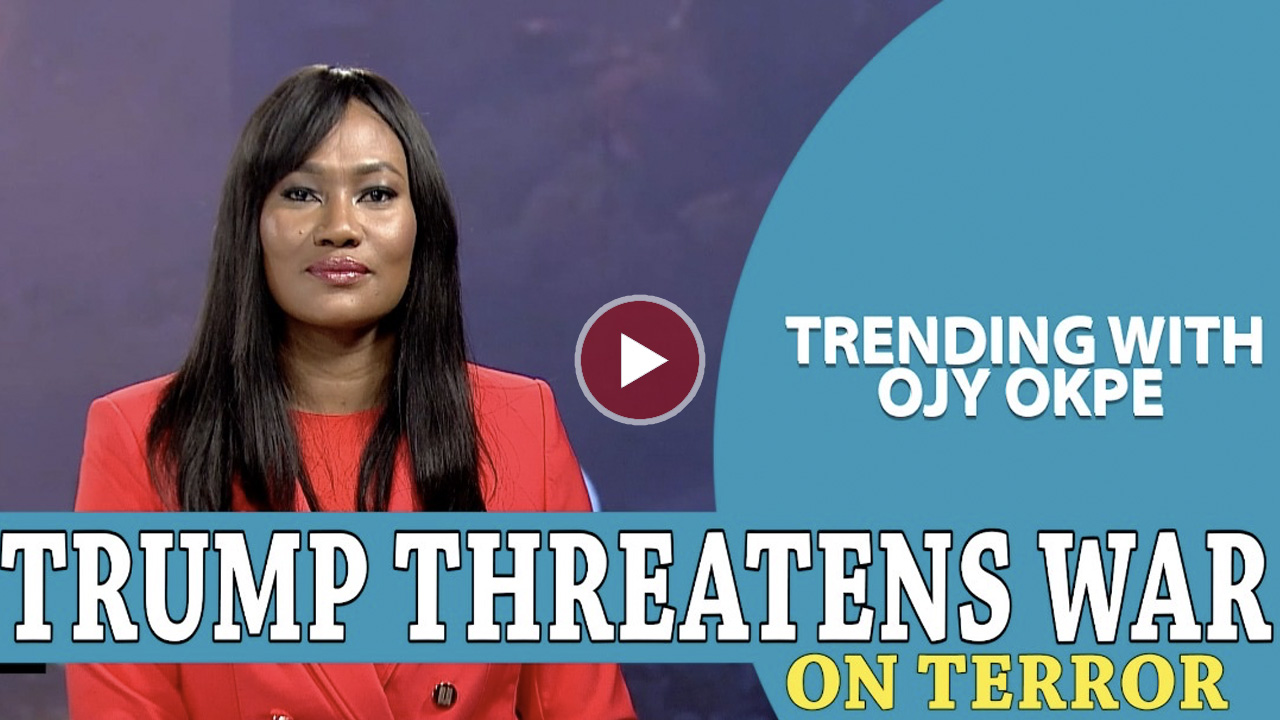
President Donald Trump has issued a stark warning regarding potential U.S. military action in Nigeria, citing what he terms “Christian Genocide” as a critical concern. In a post on Truth Social, Trump threatened to take decisive military action, stating he would prepare the “Department of War” to combat what he described as “Islamic Terrorists” in Nigeria. This statement follows his recent designation of Nigeria as a Country of Particular Concern (CPC) due to religious persecution issues.
The Nigerian government, represented by spokesperson Bayo Onanuga, has responded firmly. President Bola Ahmed Tinubu emphasized his administration’s commitment to addressing terrorism, highlighting the recent directives given to new Service Chiefs as part of ongoing efforts to combat security threats. Tinubu rejected the CPC designation, asserting Nigeria’s status as a democratic nation with constitutional guarantees for religious freedom.
Criticism of Trump’s rhetoric came from Omoyele Sowore, who cautioned against foreign military interventions, referencing the historical complications faced in countries like Afghanistan and Iraq. Sowore stressed the importance of fostering accountable domestic leadership rather than relying on external military solutions.
In a discussion on social media, some interpreted Trump’s warning as a tactical measure aimed at conducting unilateral counter-terrorism operations against specific individuals, such as Turji Bello. This perspective drew parallels to previous actions against terrorists like Osama Bin Laden and Qasem Soleimani, suggesting that Trump’s focus might be on targeted strikes rather than broader military engagement.
The controversy deepened with remarks from Scott Perry, a U.S. Congressman, who alleged that the United States Agency for International Development (USAID) had inadvertently funded Boko Haram, a notorious terrorist organization. Perry’s claims have raised ethical questions regarding the implications of cutting aid to Nigeria or proceeding with a proposed $346 million arms sale to the country.
The Islamic Movement in Nigeria, led by Ibraheem Zakzaky, has rejected the “Christian Genocide” narrative. They argue that the violence affecting both Christians and Muslims in Nigeria stems from deeper moral and political issues rather than purely religious divides, warning against the dangers of narratives that could justify foreign intervention.
As discussions surrounding Trump’s threats, Nigeria’s internal security policies, and the implications of U.S. aid continue to unfold, the situation remains highly charged and complex, with significant consequences for international relations and domestic stability in Nigeria.
-

 Entertainment2 months ago
Entertainment2 months agoAnn Ming Reflects on ITV’s ‘I Fought the Law’ Drama
-

 Entertainment3 months ago
Entertainment3 months agoKate Garraway Sells £2 Million Home Amid Financial Struggles
-

 Health2 months ago
Health2 months agoKatie Price Faces New Health Concerns After Cancer Symptoms Resurface
-

 Entertainment2 months ago
Entertainment2 months agoCoronation Street’s Carl Webster Faces Trouble with New Affairs
-

 Entertainment2 months ago
Entertainment2 months agoWhere is Tinder Swindler Simon Leviev? Latest Updates Revealed
-

 Entertainment3 months ago
Entertainment3 months agoKim Cattrall Posts Cryptic Message After HBO’s Sequel Cancellation
-

 Entertainment2 months ago
Entertainment2 months agoOlivia Attwood Opens Up About Fallout with Former Best Friend
-

 Science2 weeks ago
Science2 weeks agoBrian Cox Addresses Claims of Alien Probe in 3I/ATLAS Discovery
-

 Entertainment2 months ago
Entertainment2 months agoMasterChef Faces Turmoil as Tom Kerridge Withdraws from Hosting Role
-

 Entertainment3 months ago
Entertainment3 months agoMarkiplier Addresses AI Controversy During Livestream Response
-

 Entertainment4 months ago
Entertainment4 months agoSpeculation Surrounds Home and Away as Cast Departures Mount
-

 World2 months ago
World2 months agoCole Palmer’s Mysterious Message to Kobbie Mainoo Sparks Speculation

